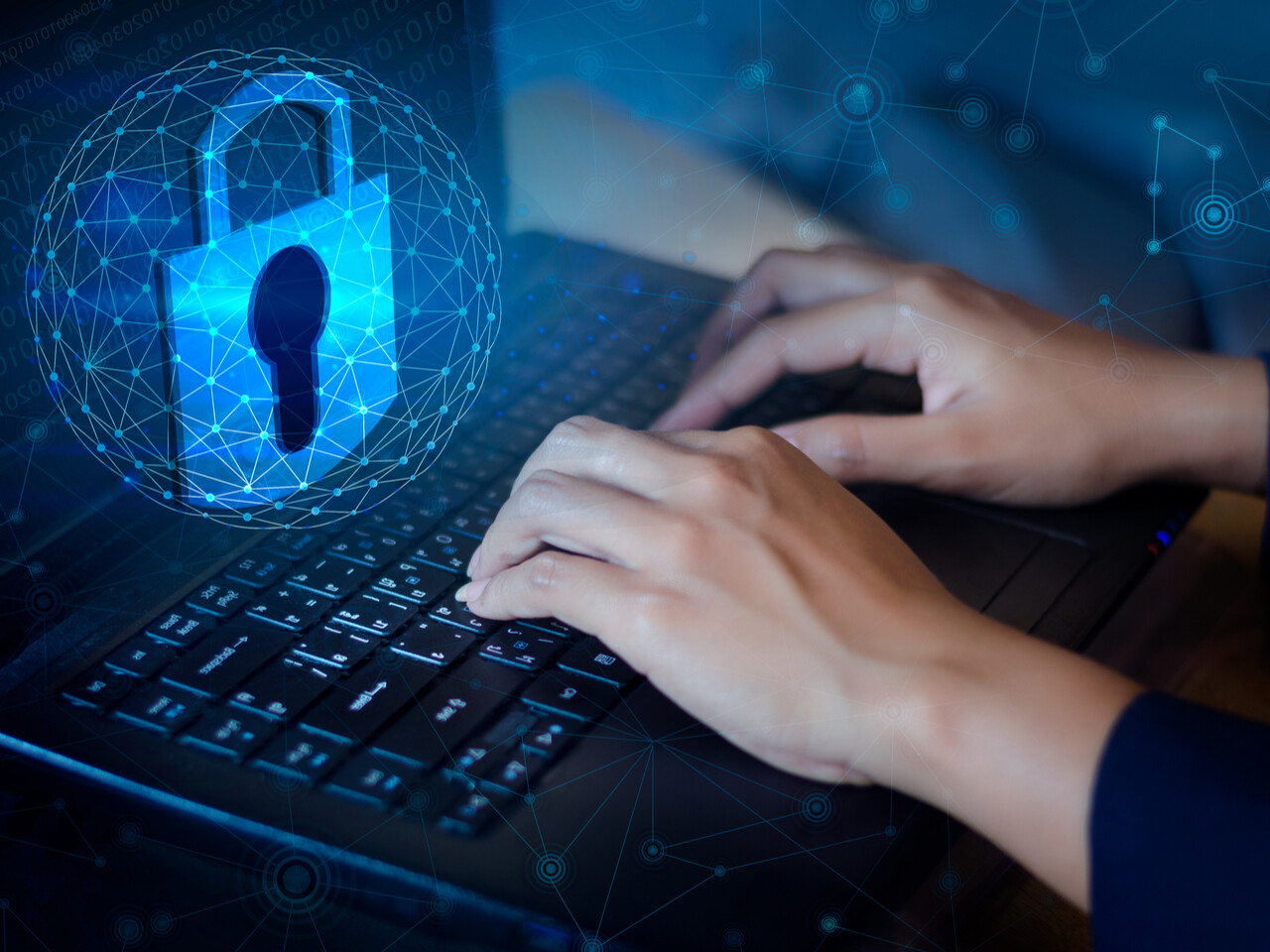
Enhanced privacy is a hot topic these days. With so much personal information floating around, it's no wonder people are concerned. But what exactly does "enhanced privacy" mean? Enhanced privacy refers to measures and technologies designed to protect personal data from unauthorized access. These can include encryption, secure communication channels, and privacy-focused software. Why is it important? Because your personal information is valuable. Hackers, advertisers, and even governments might want access to it. By understanding and implementing enhanced privacy measures, you can keep your data safe and secure. Ready to learn more? Let's dive into 28 fascinating facts about enhanced privacy that will help you stay protected in today's digital age.
Key Takeaways:
- Protecting your privacy is crucial in today's digital world. Understand the basics of privacy, manage your online activities, and stay informed about laws and regulations to keep your personal information safe.
- Use tools like password managers, two-factor authentication, and privacy-focused browsers to enhance your privacy. Stay updated on emerging trends and take personal steps to protect your data from potential threats.
Enhanced Privacy: What You Need to Know
Privacy is a hot topic these days. With the rise of digital technology, keeping personal information safe has become more challenging. Here are some intriguing facts about enhanced privacy that might surprise you.
The Basics of Privacy
Understanding the fundamentals of privacy is crucial. These facts will give you a solid foundation.
- Privacy vs. Security: Privacy is about protecting personal information, while security focuses on safeguarding data from threats.
- Data Minimization: Collecting only the necessary data reduces privacy risks.
- Anonymization: Removing personally identifiable information from data sets helps protect privacy.
Digital Privacy
Digital privacy involves protecting information shared online. Here are some key points.
- Cookies: Small files stored on your device that track online activity can be managed to enhance privacy.
- Encryption: Scrambling data so only authorized parties can read it is a cornerstone of digital privacy.
- VPNs: Virtual Private Networks hide your IP address, making online activities more private.
Social Media Privacy
Social media platforms collect vast amounts of data. Here’s what you should know.
- Privacy Settings: Adjusting settings on social media accounts can limit data sharing.
- Third-Party Apps: These apps often access personal information, so be cautious about granting permissions.
- Data Breaches: Social media sites are frequent targets of data breaches, compromising user privacy.
Mobile Privacy
Smartphones are treasure troves of personal data. Protecting this data is essential.
- App Permissions: Apps often request access to personal information; review permissions regularly.
- Location Tracking: Many apps track your location, which can be disabled to enhance privacy.
- Secure Messaging: Apps like Signal and WhatsApp offer end-to-end encryption for private conversations.
Government Surveillance
Government agencies often monitor digital communications. Here are some facts about this practice.
- Mass Surveillance: Programs like PRISM collect vast amounts of data on citizens.
- Metadata: Even without content, metadata (data about data) can reveal much about personal activities.
- Whistleblowers: Individuals like Edward Snowden have exposed the extent of government surveillance.
Corporate Data Collection
Companies collect data for various reasons. Understanding this can help protect your privacy.
- Targeted Advertising: Companies use personal data to create targeted ads, which can feel invasive.
- Data Brokers: These entities buy and sell personal information, often without consent.
- User Agreements: Terms of service agreements often include clauses about data collection.
Privacy Laws and Regulations
Laws and regulations play a crucial role in protecting privacy. Here are some important ones.
- GDPR: The General Data Protection Regulation in the EU sets strict guidelines for data protection.
- CCPA: The California Consumer Privacy Act gives residents more control over their personal data.
- HIPAA: The Health Insurance Portability and Accountability Act protects medical information in the U.S.
Privacy Tools and Techniques
Various tools and techniques can help enhance privacy. Here are some you should know about.
- Password Managers: These tools generate and store strong passwords, reducing the risk of breaches.
- Two-Factor Authentication: Adding an extra layer of security makes unauthorized access more difficult.
- Privacy-Focused Browsers: Browsers like DuckDuckGo prioritize user privacy by not tracking searches.
Emerging Privacy Trends
Privacy is an evolving field. Here are some trends to watch.
- Blockchain: This technology offers decentralized and secure ways to manage data.
- Zero-Knowledge Proofs: These allow one party to prove knowledge of a fact without revealing the fact itself.
- AI and Privacy: Artificial intelligence can both enhance and threaten privacy, depending on its use.
Personal Privacy Practices
Taking personal steps to protect privacy is essential. Here are some practices to consider.
- Regular Updates: Keeping software and devices updated helps protect against vulnerabilities.
Final Thoughts on Enhanced Privacy
Enhanced privacy isn't just a buzzword; it's a necessity in today's digital age. From strong passwords to two-factor authentication, taking steps to protect personal information is crucial. Encryption ensures data stays safe from prying eyes, while VPNs add an extra layer of security when browsing online. Regular software updates patch vulnerabilities, keeping devices secure. Awareness about phishing scams and malware can prevent many cyber threats. Remember, privacy settings on social media platforms help control who sees personal information. By staying informed and proactive, everyone can enjoy a safer online experience. Enhanced privacy measures aren't just for tech experts; they're for everyone. So, take these steps seriously and make the digital world a safer place for yourself and others.
Frequently Asked Questions
Was this page helpful?
Our commitment to delivering trustworthy and engaging content is at the heart of what we do. Each fact on our site is contributed by real users like you, bringing a wealth of diverse insights and information. To ensure the highest standards of accuracy and reliability, our dedicated editors meticulously review each submission. This process guarantees that the facts we share are not only fascinating but also credible. Trust in our commitment to quality and authenticity as you explore and learn with us.
